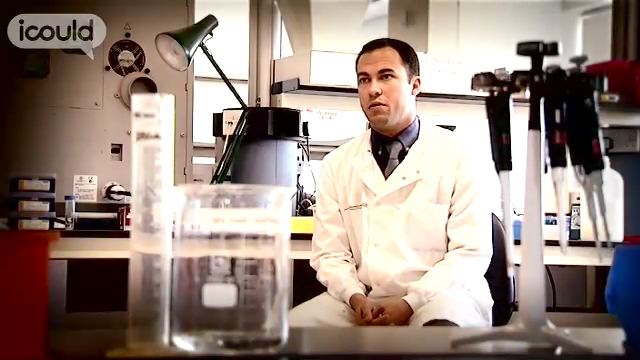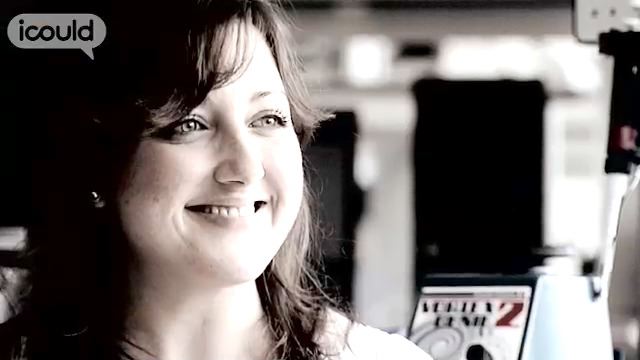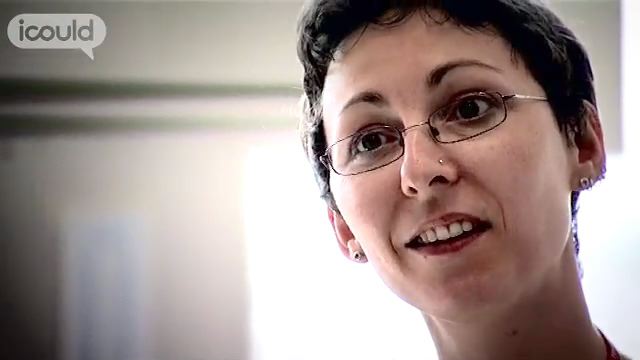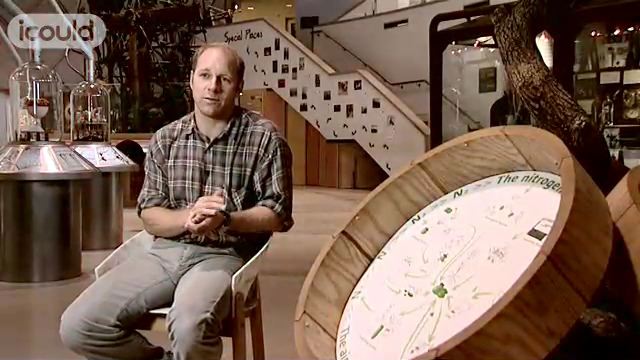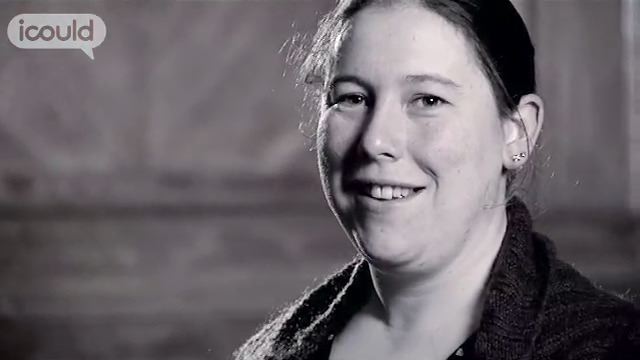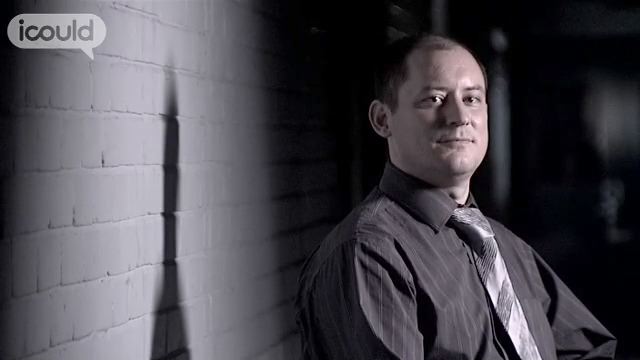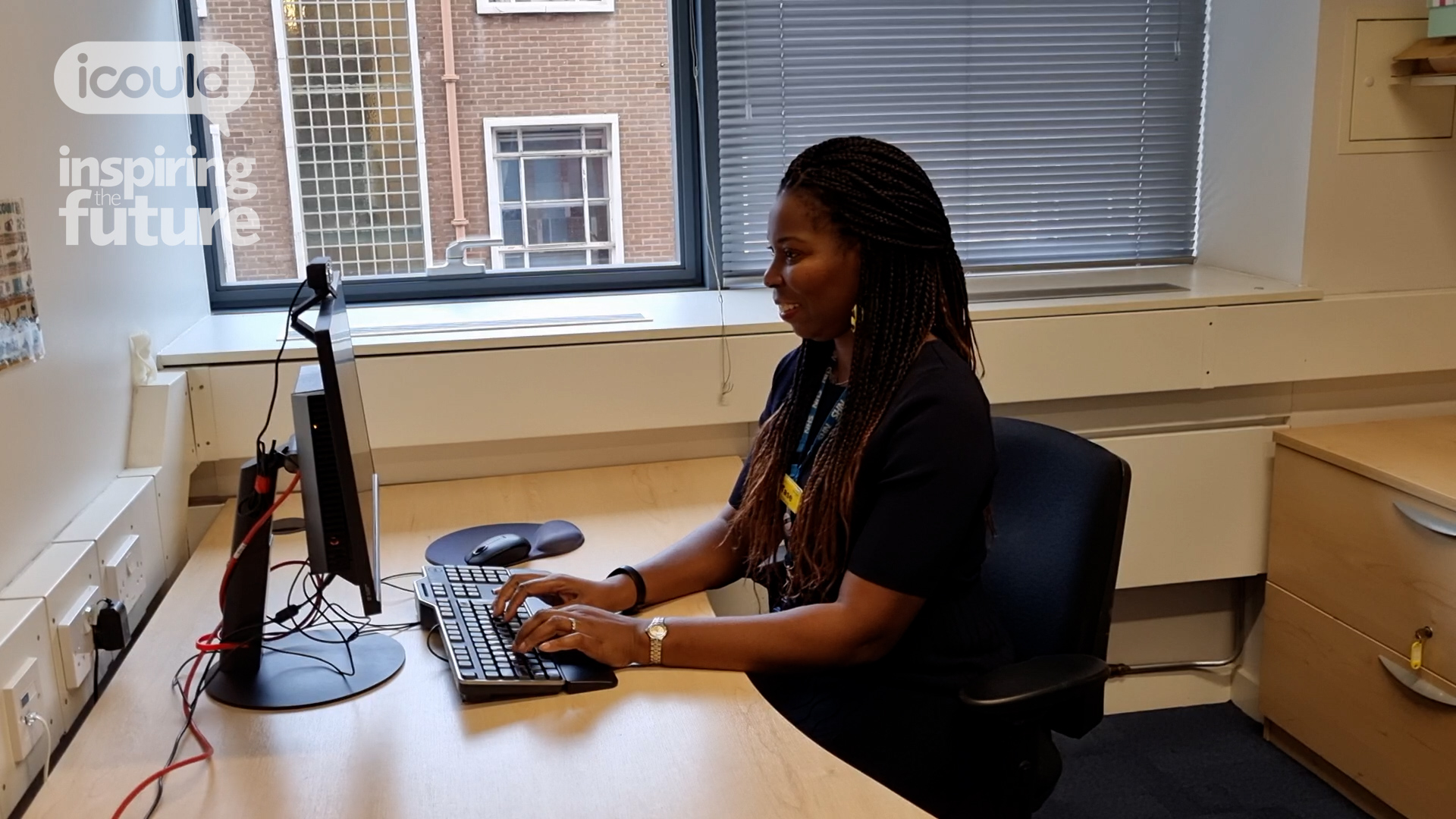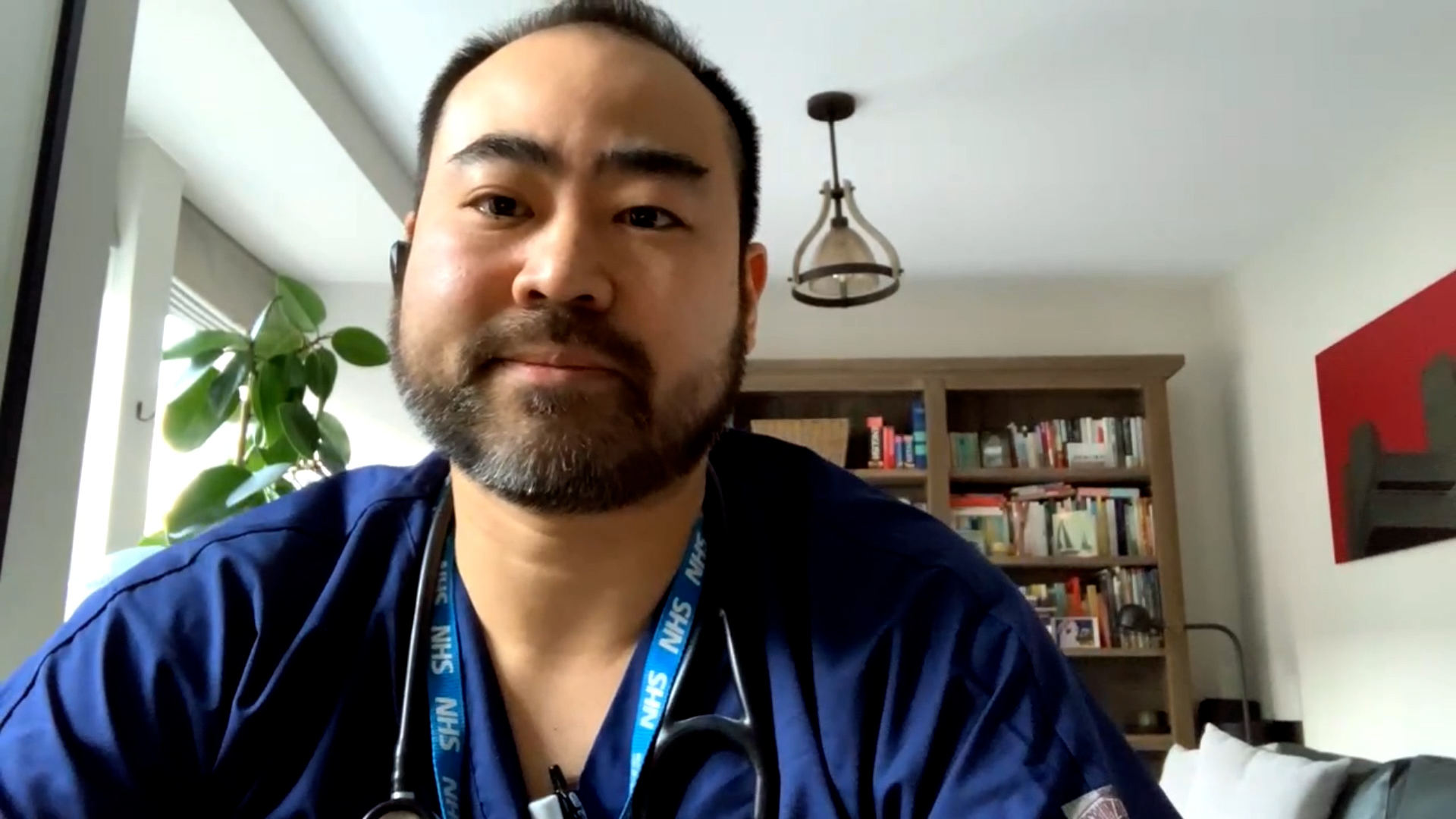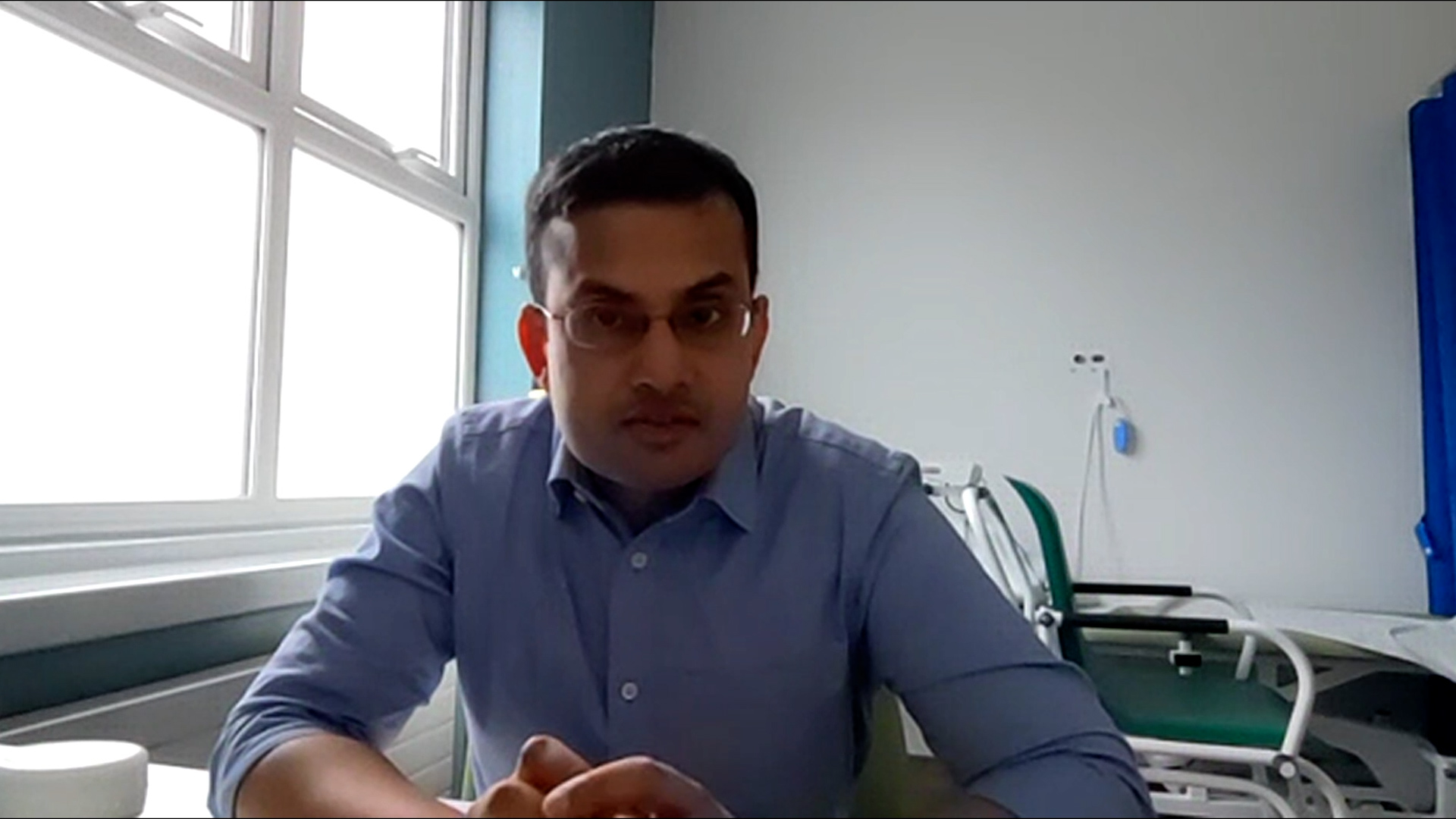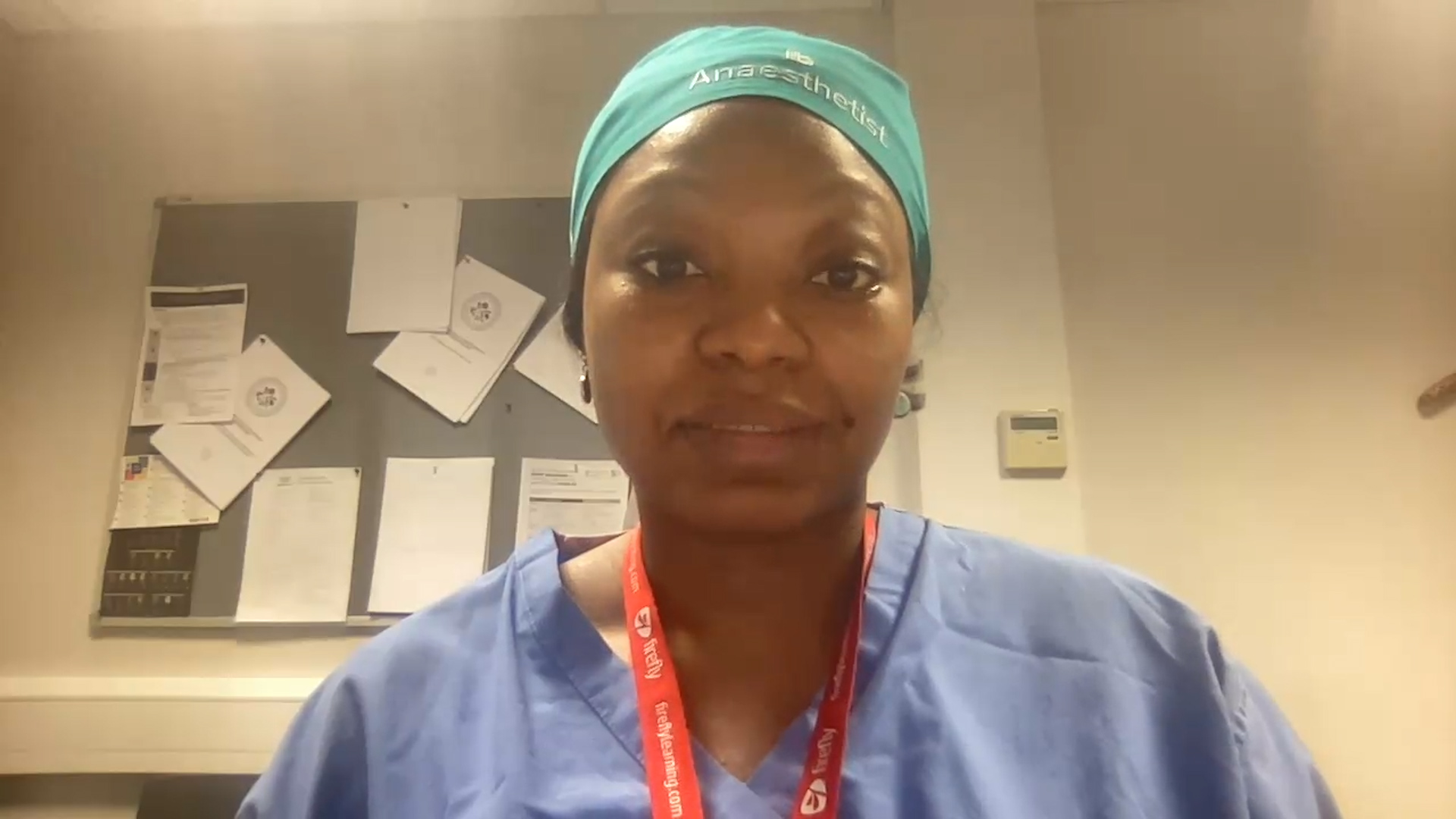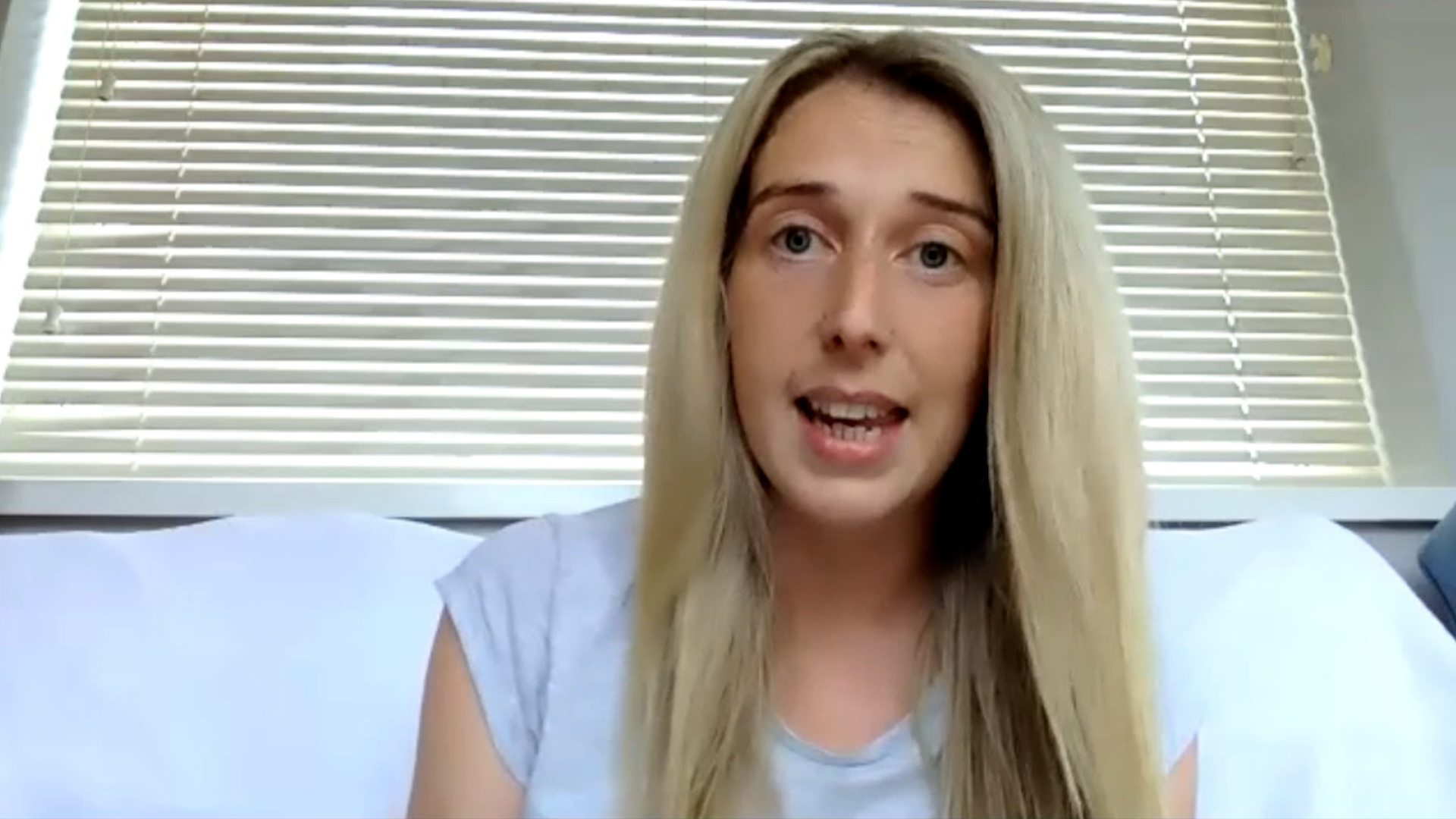Biomedical Scientist
Addenbrookes Hospital
Paul P
00:00:01 My name’s Paul P and I’m a Biomedical Scientist. My job involves a variety of different things. For example on the transfusion side we provide patients with blood for a variety of different reasons, be it a liver transplant or a massive road traffic accident. In the other side of haematology we would look at illnesses and see how treatment’s affecting their blood and the different indices that are involved in that. Also helping clinicians to diagnose things like leukaemia for example. We have sort of some separation from patients. I wouldn’t say for a minute that there isn’t the sort of the pressure and urgency that you can feel really from the wards and from say Accident and Emergency and in theatres, but I think you do need that detachment because otherwise you couldn’t really do your job, you know, you need to be quite focused, and need to know really what you’re doing and be able to provide a service.
00:00:55 I had a great time at school. I mean obviously you don’t want to have to do work, you don’t want to have to do homework or exams but you know you look back when you’re at University and you wish you were still there. I loved playing sport, I played football and cricket, I played to you know a good level. When I was younger I played for Chelsea, Crystal Palace, Brighton and Hove Albion Football Academies. Playing, when you play at a level like that to get noticed you’re competing against somebody else rather than playing together, it’s possibly nicer to sometimes enjoy the sports rather than take them to a professional level. My Mum is a nurse and I used to be fascinated by the stories that she would tell me about what she did in the hospital, and I sort of realised from an early age that I did want to work in a hospital, and I subsequently changed my GCSEs according to that.
00:02:20 I – a big setback I suppose was in my A-Levels – really I think the step up from GCSE to A-Levels is big, and I didn’t make the transition particularly well, and I didn’t do as well in my A-Levels as I should have done. You know, I got allowed into University actually based on my GCSE results and my predicted grades, and they said – well you know we’ll give you a go. I think really I was good at science at school so I just followed it on. I had an idea I wanted to work in a hospital but I didn’t know in what capacity. I did a degree in Biomedical Science and that was really a generic degree, which can take you down a sort of whole variety of different avenues. You don’t have to become a Biomedical Scientist, you can diversify if that’s what you wanted to do, and to be honest I started the degree without the knowledge of this job even existing. It’s something that I learnt about a lot later on actually after my – in my first year of University. I had an opportunity to work for a year in a variety of different placements and I chose to work in a hospital, and you know I happened to fall into the job as a Biomedical Scientist – Trainee Biomedical Scientist – for that year. A lot of people don’t realise actually – actually goes on, but what a vital service it provides to a hospital
00:03:00 My Mum got diagnosed with breast cancer, and I’d say that that was probably the hardest thing, because you feel so out of control. And I think that that’s what obviously led me to be interested in medicine as well. It was you know a big shock for the whole of the family. I would say while it was a bad point, at the same time it was incredibly inspirational to see what went into the delivery of her care. It makes you – things like that make you appreciate the service you work for, for sure, and I think that you know those moments are the sort of times where you realise actually you know I would quite like to work for the NHS. When you see something for real in front of you that’s sort of – I think I take my inspiration from that.
00:03:44 The most stressful moment I think was a couple of months ago. Four or five people were injured quite severely in a massive road traffic accident – they needed blood. It’s incredibly stressful knowing that if you don’t deliver, that potentially that patient may not survive. In the middle of those things you think – God I wish I could be in bed now and waking up in the morning to go to a nice you know nice office with, you know, not a lot of stress, but I think that when you lack back in retrospect I don’t regret the job choice for a minute because it is very – it’s fascinating. And in the middle of the night working in transfusion it’s an incredible adrenaline buzz when you know you get a phone call saying you know this is what’s happened and, you know, we’re waiting for a patient to arrive in A and E.
ENDS
Paul P is a Biomedical Scientist at Addenbrookes, combining emergency transfusions for patients who need blood with laboratory analysis of illness and treatments. He describes the stress of knowing that “if you don’t deliver, that potentially that patient may not survive” and that sometimes he wishes he worked in a “nice office.” However he does “not regret the job choice for a minute.”
More information about Biological scientists and biochemists
The UK average salary is £29,813
There are 37.5 hours in the average working week
The UK workforce is 47% female and 53% male
Future employment
- Studies the physical and chemical form, structure, composition and function of living organisms;
- Identifies and studies the chemical substances, including microbial infections, involved in physiological processes and the progress of disease;
- Performs tests to study physiological and pathological characteristics within cells and other organisms;
- Researches the effects of internal and external environmental factors on the life processes and other functions of living organisms;
- Observes the structure of communities of organisms in the laboratory and in their natural environment;
- Advises farmers, medical staff and others, on the nature of field crops, livestock and produce and on the treatment and prevention of disease;
- Monitors the distribution, presence and behaviour of plants, animals and aquatic life, and performs other scientific tasks related to conservation not performed by jobholders in MINOR GROUP 214: Conservation and Environment Professionals.
